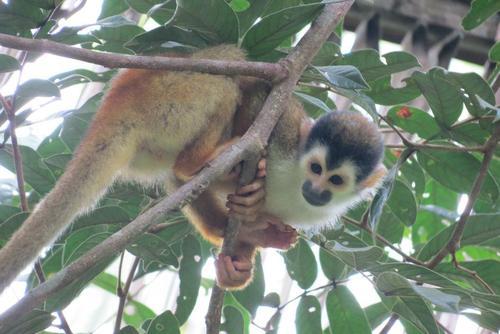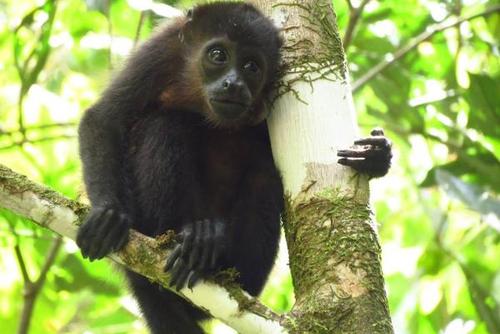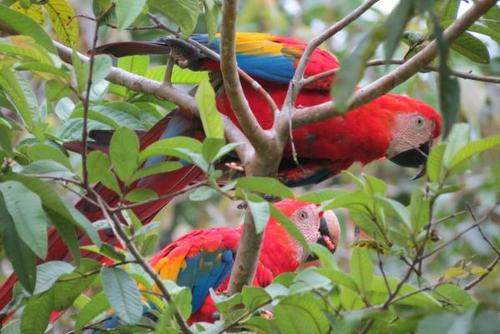This conservation project is based in a remote rainforest camp and gathers data for valuable research including climate change.
At first glance, Corcovado National Park on Costa Rica’s Osa Peninsula is a mere pin prick on the world map, covering a measly 0.03% of the world’s landmass. This makes it even more astonishing that an incredible 4% of the world’s species call the park home and that it is, as described by National Geographic, ‘one of the most biologically intense places on the planet’.
Located in Central America, Costa Rica is nestled between the Caribbean Sea and the Pacific Ocean and is home to over 500,000 different species of animals, giving it the highest species density of any country in the world. Over 50% of species found in the country call the Osa Peninsula home, meaning this project is located in the most biodiverse region of one of the most biodiverse countries on the globe – truly a hotspot within a hotspot!
Sadly, the region and its inhabitants are being gravely challenged by habitat fragmentation and destruction, pollution, poaching and climate change more broadly. Over the past several years, Frontier has been working on the peninsula to carry out groundbreaking survey work and vital data collection in an attempt to combat the effects of these challenges and to preserve this environmentally significant area.
The research camp itself is based amongst dense tropical forest on the edge of Corcovado National Park, close to the shores of the Pacific Ocean. Volunteers live and work with other enthusiastic and energetic conservationists, working together to carry out critical surveys and data collection activities. Joining this vitally important project will not only give you an opportunity to experience a world of fragile beauty, but to more importantly contribute to the conservation of Costa Rica's precious and unique habitats for the future.



